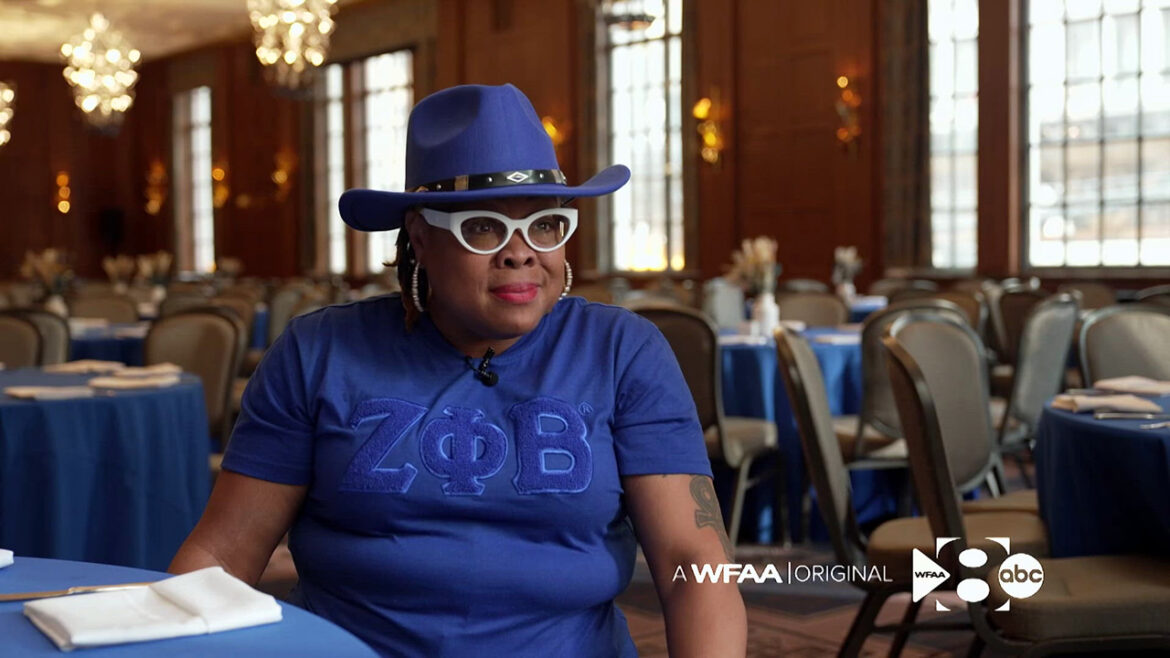With each election season, political parties court the Black vote, yet Black voters are far from a monolithic group. Changes in political needs and priorities reflect the complex and evolving nature of the Black electorate. In a special series by WFAA’s Brittani Moncrease, Black voters across Texas share their thoughts on civic engagement and its transformation over the decades.
One powerful voice in this conversation is Dr. Pamela Grayson, a first-time delegate at the Democratic National Convention. For Grayson, civic engagement goes beyond voting; it’s a commitment to community accountability and history. “Sixty years ago, Fannie Lou Hamer fought for Black representation in Congress, and now, as a Black Democrat, I’m casting my vote with pride,” Grayson shares. For her and many others, civic engagement starts with voter registration but extends to ongoing involvement that holds leaders accountable to Black communities.
The drive to engage Black voters is rooted in understanding the importance of representation. For example, Worthy Barton, a former Republican and the first Black council member in Duncanville, Texas, points out the importance of creating voting systems that empower minority voices, like her election through an at-large seat. “It didn’t matter what party I was from. What mattered was that I represented Black people in a city that needed that perspective,” Barton says.
Despite progress, many Black Texans still feel a lack of representation at the state level. Texas, now a majority-minority state, is governed primarily by white leaders, despite the fact that Hispanic, Black, and Asian populations collectively make up the majority. This has led to questions about whether the Black vote has a meaningful impact in a state where demographic shifts have yet to fully reshape political power.
For Dallas County Commissioner John Wiley Price, civic engagement means bridging generational divides. He emphasizes the need to show young voters how to make the most of their political power, saying, “Our young people need to understand that voting is about sacrifice and legacy.” He has been working to teach senior citizens how to use electronic ballots, ensuring accessibility for all generations in an evolving voting landscape.
Though Black voting traditions rooted in the civil rights movement and the Black church remain strong, the approach to political engagement is evolving. With a projected 34.4 million Black voters nationwide, representing 14% of eligible voters, leaders like Price believe it’s critical to communicate that voting is just one tool in the fight for equity and representation. Beyond Election Day, ongoing participation in the political process—whether through advocacy, volunteering, or community education—holds politicians accountable and ensures that their policies align with the needs of Black communities.
As this series unfolds, Moncrease will delve deeper into these topics, exploring the role of Black churches in mobilizing voters and examining the influence of Black voters on campaign fundraising. Through these stories, a clear message emerges: for the Black community, progress is not about a checklist of political promises—it’s about genuine, lasting improvements in the quality of life.


